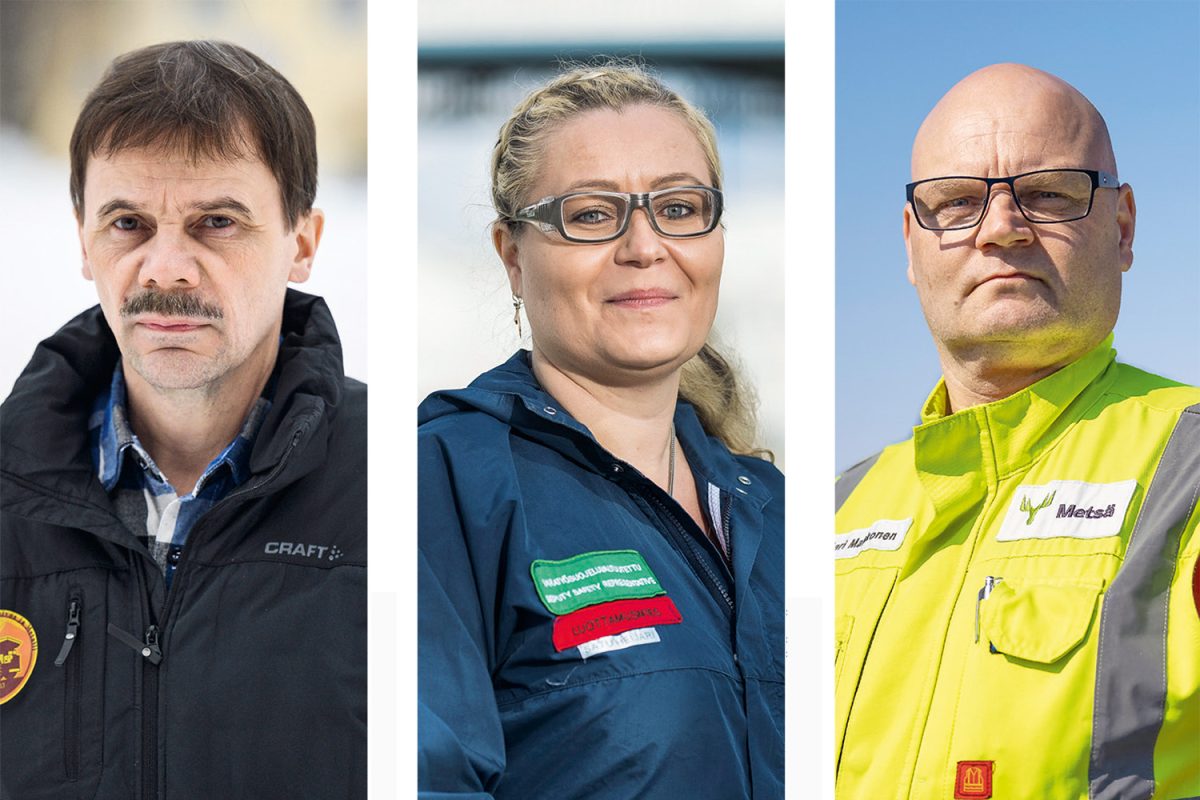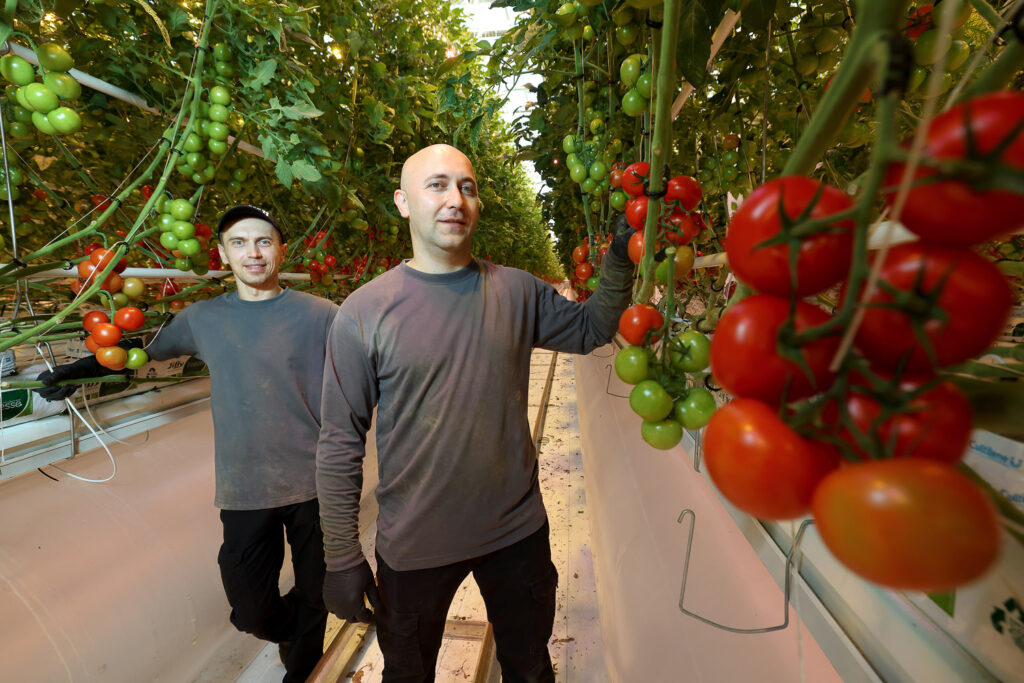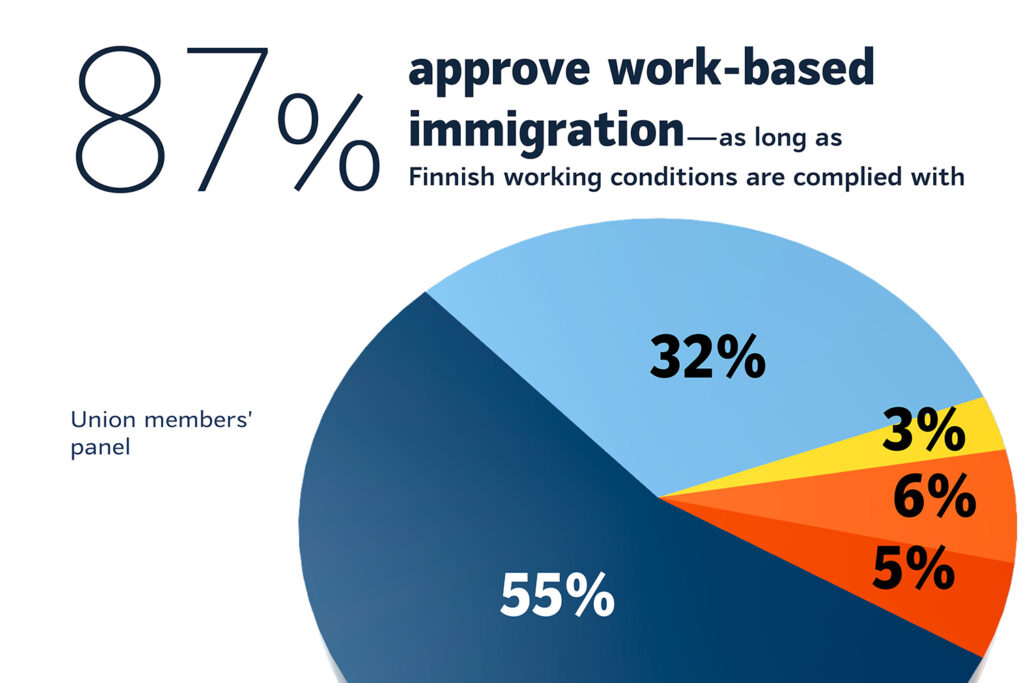Many topics to discuss in the Congress
The Union Congress May 22–24 is the place to discuss and decide on the union policy and action plan. All 442 delegates were elected by union members’ votes.
One of the national vote-pullers is Jari Leskisenoja, 267 votes. He works as the shop steward at the Boliden Kevitsa Mining mine in Sodankylä, Lapland. With 55,9 per cent voting, miners shared top position in the voter turnout.
– We have active people and a high organising level. Not least because of that, it is important that the branch be taken into account, Leskisenoja says in an interview, in Finnish.
Employers have been wanting to combine the mining branch collective agreement with the technology industry one. This is one topic to discuss at the Union Congress.
– It is important that the mining branch collective agreement remains, to be developed to better fit the branch, Leskisenoja says.
Employers also talk a lot about increasing company level agreements. Leskisenoja sees this to go hand in hand with strengthening the position of the shop stewards.
– Shop stewards are under heavy pressure, especially when there are company level agreements. In order to dare negotiate, they must have good protection.
When you join the union, you are on the winning side.
The Congress delegate Jari Makkonen works at the Metsä Wood plywood factory in Punkaharju, where he is the shop steward.
He estimates that voter turnout in his factory reached 60–70 per cent, thanks to an active union local branch. Also, all new employees get to meet shop stewards and get the union information package.
– When you join the union, you are on the winning side, Makkonen says.
Last year, the employers ended national collective agreements in the mechanical forestry industry. Now the union must deal with every company separately.
– When making company level deals, the employer tries to weaken the terms of work. I see it as extremely important that the union makes these collective agreements, Makkonen stresses.
Vote-puller from the car factory
Topping the poll with 327 votes, Satu Heijari was the national vote-puller in the union elections.
– I could never have imagined getting more votes than anyone else. I am extremely surprised and grateful for the trust, she says in an interview, in Finnish.
Heijari works at the Valmet Automotive car factory painting department, where she is the departmental shop steward.
Daily work at the car factory gives rise to many ideas for concrete improvements that could be discussed also during the Union Congress. One topic that draws discussion on the factory floor is the schedule of working hours (työtuntijärjestelmä).
According to the technology industry collective agreement, the schedule is drawn up in advance to specify the placement of regular daily and weekly working time over which working time averages to the regular amount. Heijari says she would like to have more clear rules on how to use it.
Organising is important and Heijari believes that raising awareness is a way to recruit more members.
– When there is no knowledge, some believe that everything is stipulated in the law.




